Eclectic mix of cuisine represented at international cooking class
November 14, 2013
Good food is something everyone understands — it has no cultural barrier and serves as a language that brings people of all nationalities together.
This rationale motivated the International Student Office to organize an international cooking class as part of International Education Week.
For Beth Murphy, ISO assistant director, coming together over a shared meal is part of the human experience.
“Everyone centers around the kitchen table,” Murphy said. “It’s a very connecting force for people. We can always relate. We can always have something to talk about — common ground.”
The event, held Tuesday night at Baptist Campus Ministries, blended Chinese, Middle Eastern and Indian cuisine. ISO reserved 20 spots for people who wished to participate in the class. Diana Howard, organizer and international outreach coordinator, said the slots were filled within a day.
Despite the event’s culinary core, Murphy said it was about more than just sharing good food.
“You learn about the ritual of food in different cultures,” she said. “You learn about different spices — you learn how to cook the food — and then afterwards, of course, share in the feast together. Throughout the evening, you have dialogue developing and share meaningful interactions.”
Murphy said she got the idea from her love of international food and the Food Network.
“I’ve been wanting to do this for the longest time,” Murphy said. “I watch a lot of cooking channels with my husband. I decided, ‘OK, why don’t we take three of our largest populations of students and have them represent the foods that are special to them in their culture.’”
Freshman Hussain Alsaleh of Safwa, a small town in an eastern province of Saudi Arabia, represented his country’s cuisine by teaching participants how to make kabsa, a Middle Eastern dish consisting of rice, meat and various spices.
Alsaleh said he didn’t even know how to cook until he came to the United States three years ago.
“I used to be spoiled back home,” Alsaleh said. “My sisters and my mom would usually cook for me, but when I came here, the first two days I spent it in restaurants. Then, I called my sister and I was like, ‘Look, I’m troubled. I have chicken, I have rice, I would like to make kabsa. What should I do?’”
Now, Alsaleh’s a chef in his family, preparing meals whenever he travels home.
“I have a dish — I made it myself, and now they’re waiting for me to come back and make it,” Alsaleh said. “I sent them a picture and they were like, ‘Wow.’”
Alsaleh said he enjoys sharing his food with others and often cooks for friends to perfect his culinary creations.
“I’m sharing myself,” he said. “I’m sharing my country.”
Murphy hopes to sponsor additional cultural cooking classes that welcome students like Alsaleh to share their favorite recipes.
“When the new international building is built, our office has asked if it could have a commercial kitchen so that we could do events like this on a larger scale,” Murphy said. “You can make so much use of this, just so we could get the community more connected and together. It’s definitely a coming together of cultures.”
Allison Sircy, periodical and microforms assistant at Helms-Cravens Library, said the connections people make at diversity events cannot be learned sitting at a desk.
“Speaking from a staff point, you get stuck in your office and you stay there all day and you don’t get to see anything outside,” Sircy said. “The university has a ton of different culture to it and so much to offer. Sometimes you get to know other people. It gives you a different perspective.”


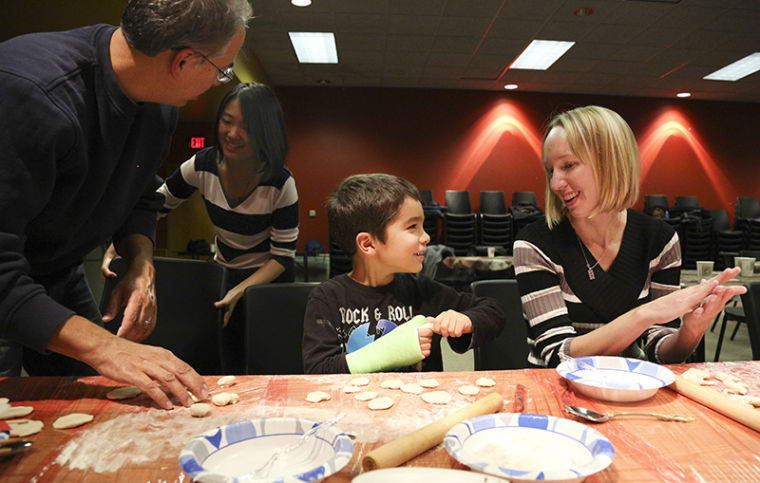


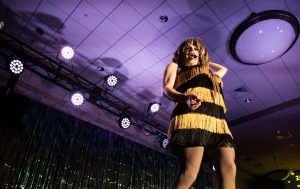

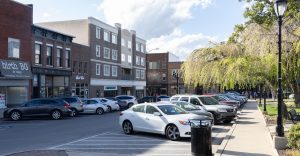
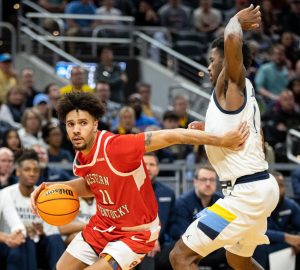


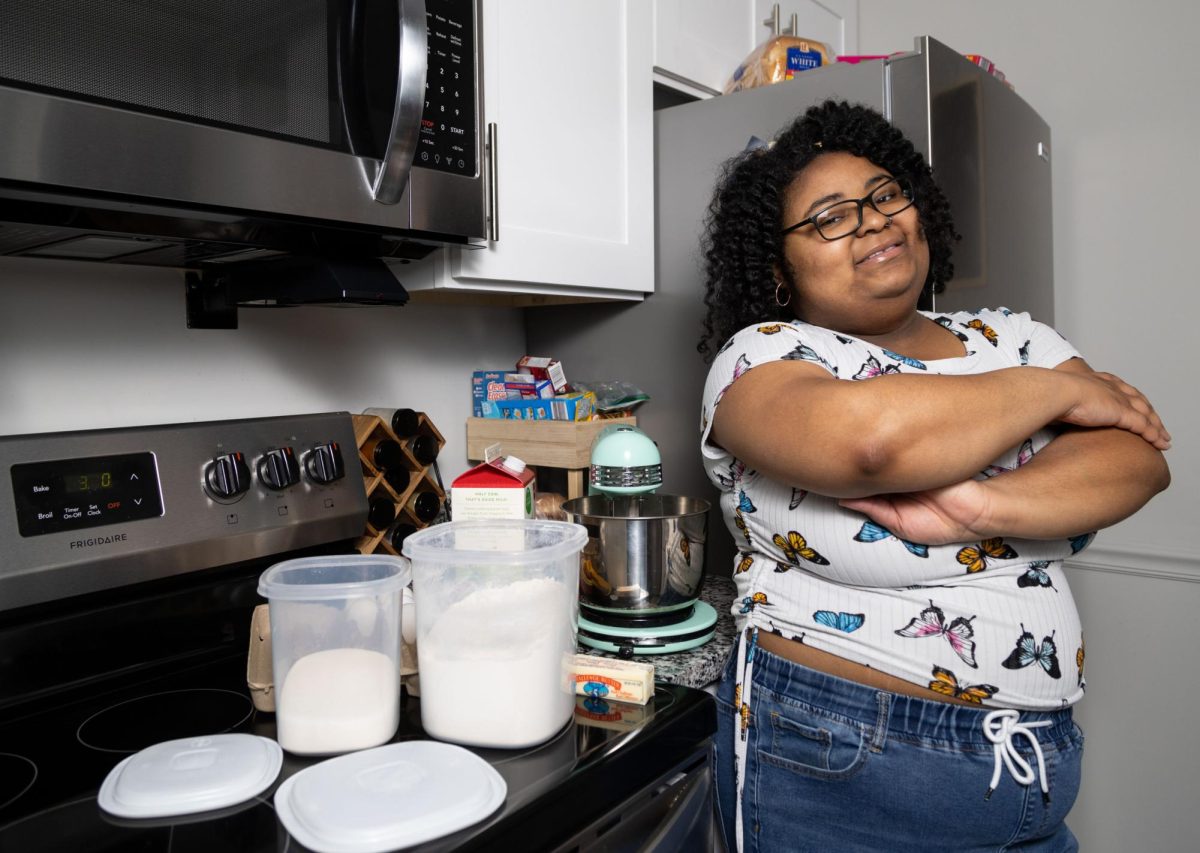
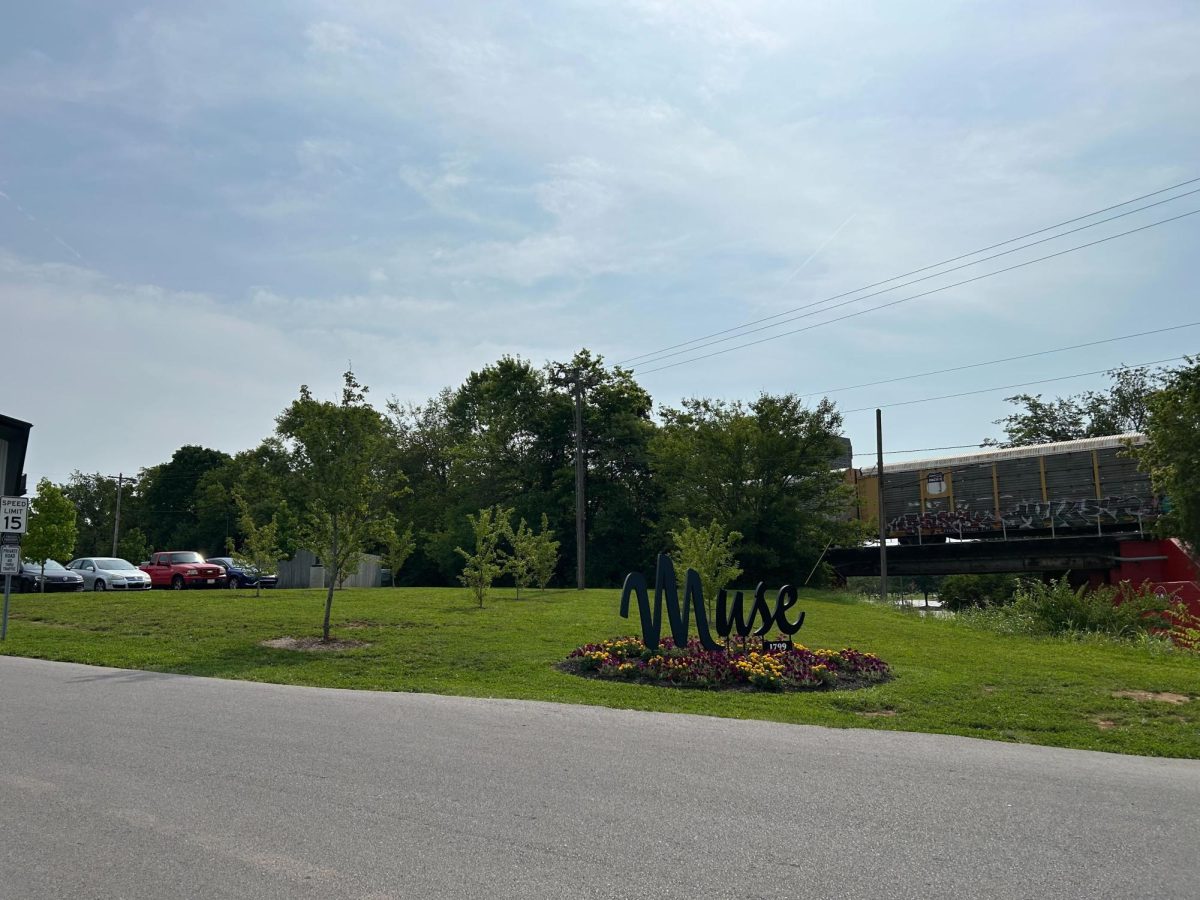

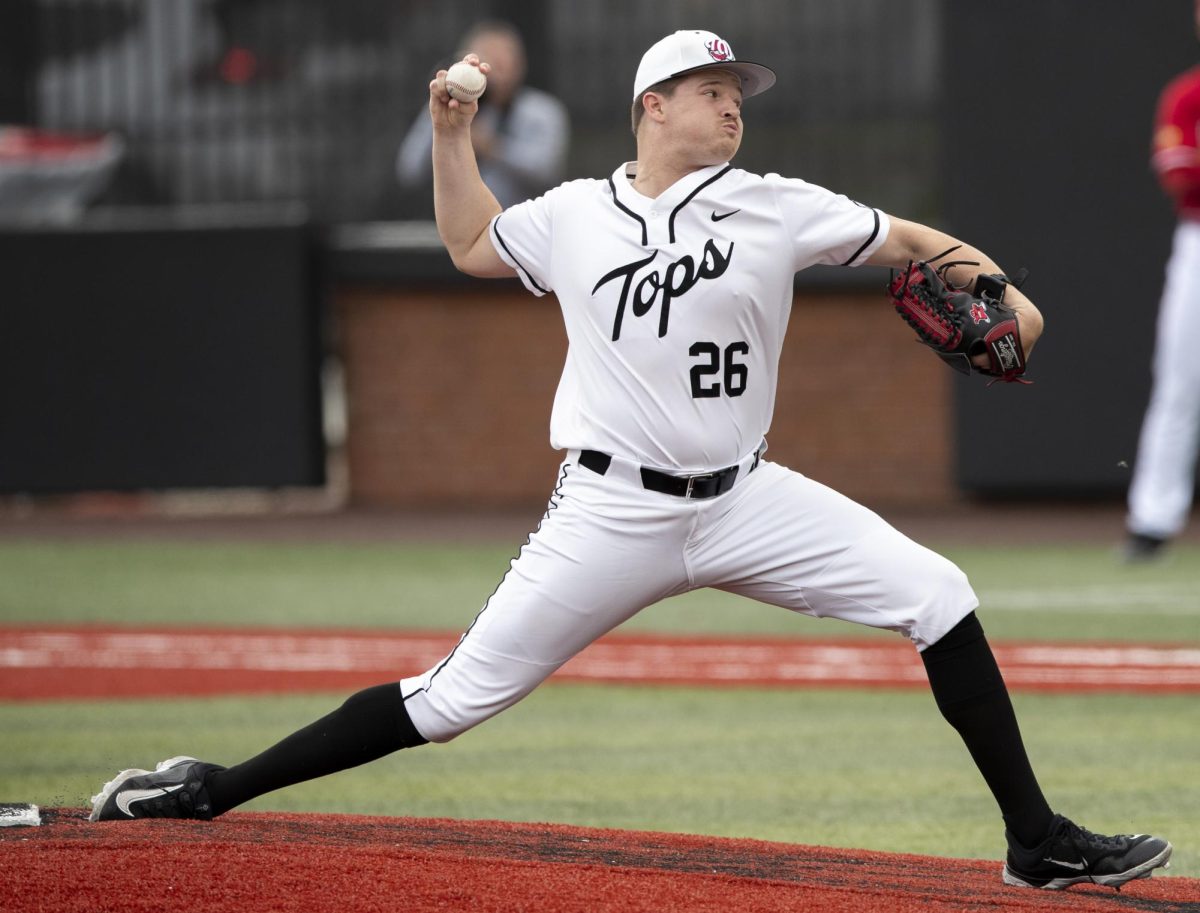
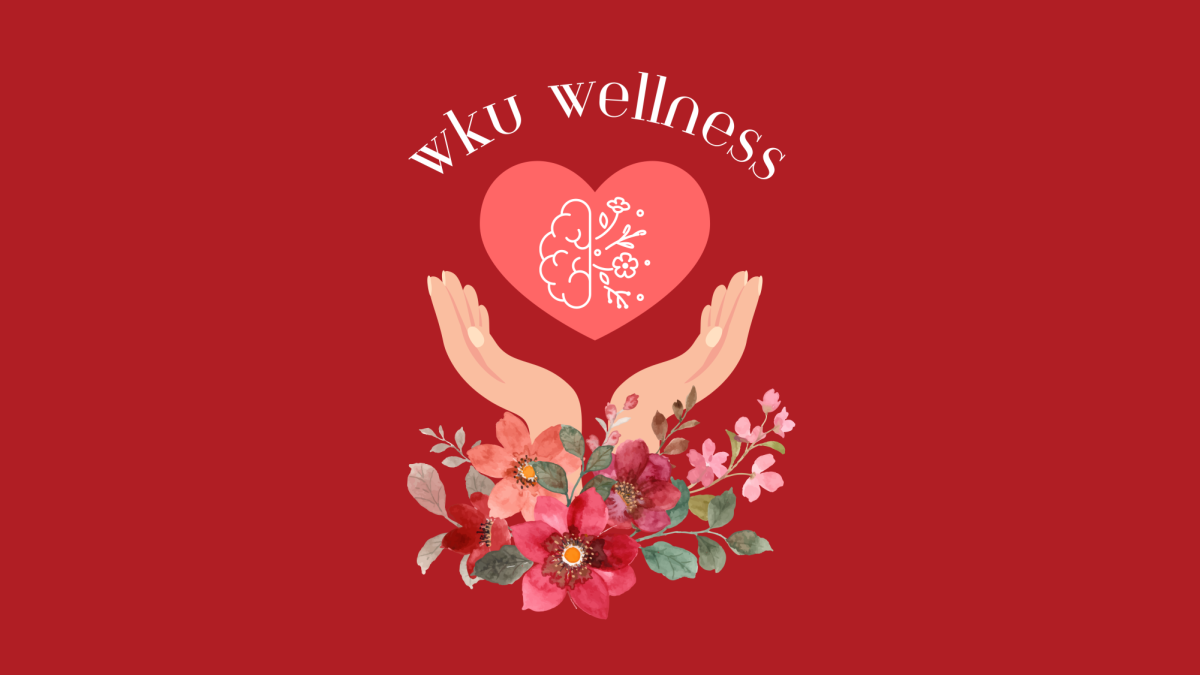
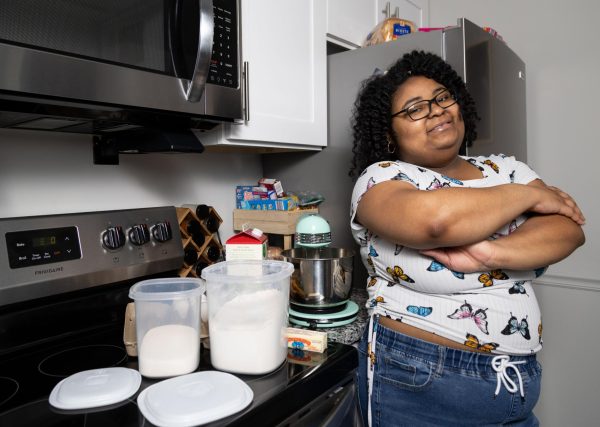







![Megan Inman of Tennessee cries after embracing Drag performer and transgender advocate Jasmine St. James at the 9th Annual WKU Housing and Residence Life Drag Show at Knicely Conference Center on April 4, 2024. “[The community] was so warm and welcoming when I came out, if it wasn’t for the queens I wouldn’t be here,” Inman said.](https://wkuherald.com/wp-content/uploads/2024/04/smith_von_drag_3-600x419.jpg)
